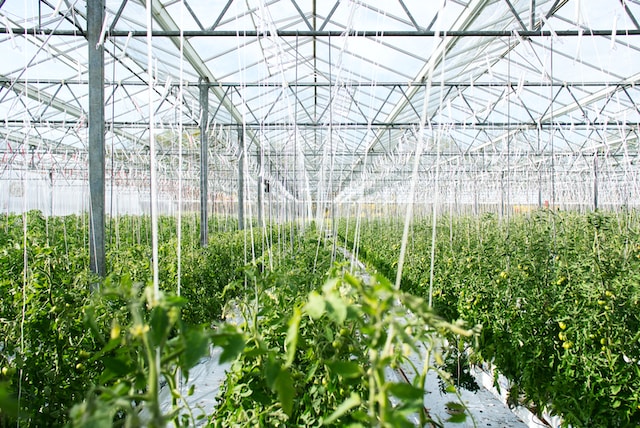Energy insecurity and environmental concerns are forcing scientists to seek alternative fuels that can be used interchangeably with today’s jet fuel. The EU-funded SOLAR-JET project has led the way in generating truly sustainable fuels with virtually unlimited feedstock in the future.
This new solar reactor technology has generated liquid hydrocarbon fuels for much more sustainable transportation.
The SOLAR-JET project demonstrated an innovative process technology:
In this process, concentrated light was used to convert carbon dioxide and water to synthesis gas (syngas). This was accomplished in a high-temperature solar reactor containing metal-oxide based materials. The syngas (a mixture of hydrogen and carbon monoxide) was then converted into kerosene by the “Fischer-Tropsch” process.
The “Fischer-Tropsch” process creates kerosene in liquid form by taking the hydrogen and carbon monoxide from the syngas and has already been approved to create fuel. It is used worldwide by companies such as Shell.
The process has the potential to produce other fuels for transport applications like diesel, gasoline, pure hydrogen, or even plastics in a more sustainable way.
Although it is in the early stages of development, the SOLAR-JET project has the potential to provide a secure, sustainable and scalable supply of renewable aviation fuel.






